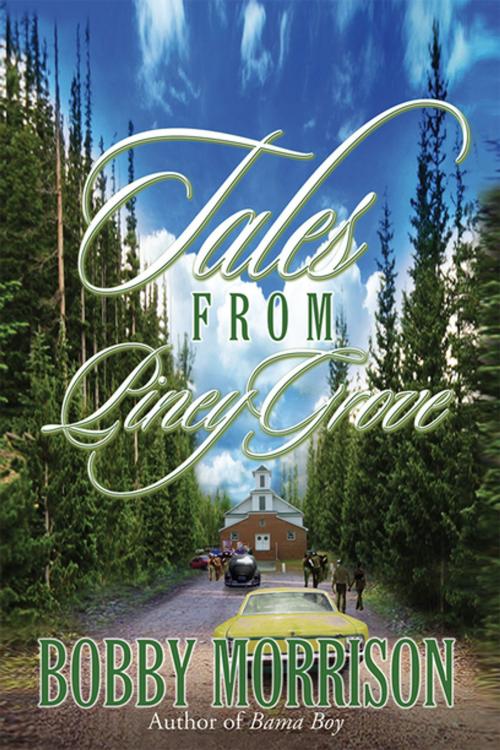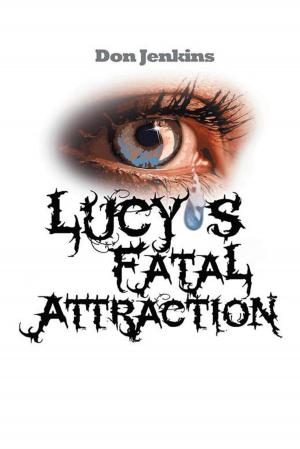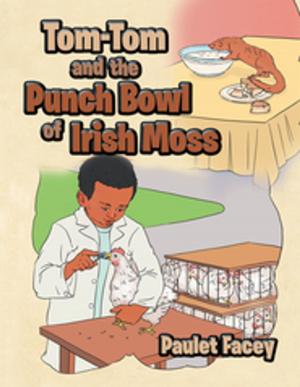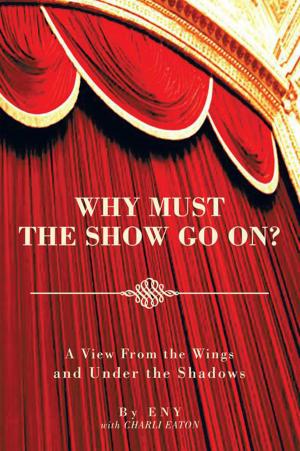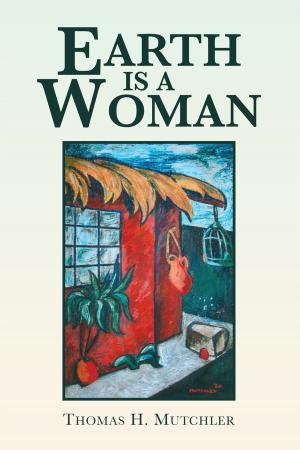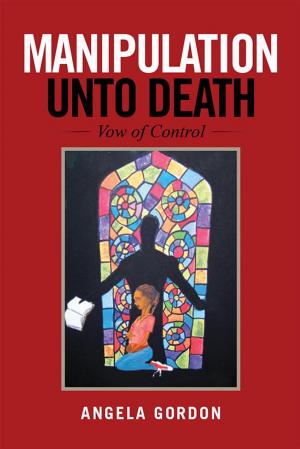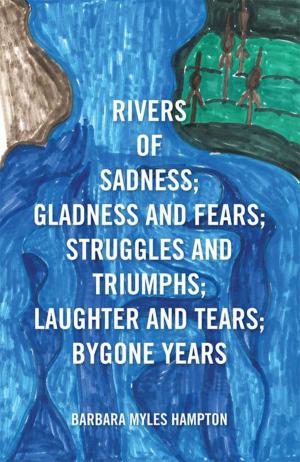| Author: | Bobby Morrison | ISBN: | 9781477181959 |
| Publisher: | Xlibris US | Publication: | January 31, 2008 |
| Imprint: | Xlibris US | Language: | English |
| Author: | Bobby Morrison |
| ISBN: | 9781477181959 |
| Publisher: | Xlibris US |
| Publication: | January 31, 2008 |
| Imprint: | Xlibris US |
| Language: | English |
Tales from Piney Grove by Bobby Morrison is a coming-of-age, regional, tradition and social change account of Black Americana. Piney Grove, a misnomer because there are no pine trees there, is a small 200-populated community, which is centered around a church in North Carolina. The author has sandwiched his Tales between a Prelude, which leisurely demonstrates to the reader the history of the community and its customs, and an Epilogue which 40 years later on a frequent visit the author sums up his "you can go home again" philosophy about an era "gone with the wind."
The Morrison family like many sharecroppers was poor but proud. The pot-bellied stove had to be fired up by the bravest member of the family who wasnt frozen to climb out from under those mountains of hand-made quilts on a cold winter morning. And like many sharecroppers, they had to beg-borrow from landowner Mr. Lonnie to tide them over the winter months when there was no farming to be done. "Thumb" Morrison often moonlighted with out-of-town construction jobs to supplement their income and not have to beg-borrow from skinflint Mr. Lonnie.
Morrisons Tales are peopled with amusing, often bizarre and idiosyncratic characters. Uncle Dinky who got his spirit from moonshine on Saturday night and Sundays sat in the back of the church and told the parishioners to sit down and stop making fools of themselves when they were moved by religious fervor and shouted, "Praise the Lord" and "Walk with me Jesus". However, Uncle Dinky was a comforting and amusing drunk who yelled, "Jesus I want you to walk with the boys this evening" on the baseball diamond at the Rainbow Inn on Sunday afternoons. The Rainbow Inn was a favorite Sunday-after-church recreational family spot for the Piney Grovers. That is, until the evening nightclub drinkers arrived and the families went home.
"Boo" is a coming-of-age story of the authors coming of terms with his fear of ghosts and other superstitions and prejudice. "The Promise" is a serio-comedic piece about the authors Uncle Booker T. calling his brother and matter-of-factly and casually announcing his going to die that afternoon and asking that he take care of his wife Marie, who idiosyncratic antics proved tougher to handle than an unruly, undisciplined teenager. Uncle Kent in "Uncle K," a suave, lovable owner of a moonshiner distillery was always two steps ahead of the sheriff and was well known for his fast cars and loose women. The preachers eulogy at his demise is a humility and tolerance for all to behold. "The Grass on the Other Side" is another poignant coming-of-age boys wanting to meet girls and the warm old-age philosophical truth that surrounds this universal phenomenon.
"The Industrial Revolution Comes to Piney Grove Better Late than Never: is the final tale that changes the old Piney Grove to the new Piney Grove by way of Krandall Textile coming in and giving factory jobs to the one-time sharecroppers. Now mobile homes with A/C sprang up. Only the big landowners industrialized the farms with modern technology. The others just died a natural death. The days of the sharecroppers was ended.
Morrison has a sharp eye and total recall. He recreated a world he knew as a child and a young adult so vividly and graphically that you are there. He is never judgmental. This is his world before and after the revolution. The good and the bad are always all mingled together in characters and tradition. Piney Grove is the authors love affair. He never left Piney Grove. He took Piney Grove with him. So will his readers take Tales from Piney Grove to their hearts for a long time to come.
Tales from Piney Grove by Bobby Morrison is a coming-of-age, regional, tradition and social change account of Black Americana. Piney Grove, a misnomer because there are no pine trees there, is a small 200-populated community, which is centered around a church in North Carolina. The author has sandwiched his Tales between a Prelude, which leisurely demonstrates to the reader the history of the community and its customs, and an Epilogue which 40 years later on a frequent visit the author sums up his "you can go home again" philosophy about an era "gone with the wind."
The Morrison family like many sharecroppers was poor but proud. The pot-bellied stove had to be fired up by the bravest member of the family who wasnt frozen to climb out from under those mountains of hand-made quilts on a cold winter morning. And like many sharecroppers, they had to beg-borrow from landowner Mr. Lonnie to tide them over the winter months when there was no farming to be done. "Thumb" Morrison often moonlighted with out-of-town construction jobs to supplement their income and not have to beg-borrow from skinflint Mr. Lonnie.
Morrisons Tales are peopled with amusing, often bizarre and idiosyncratic characters. Uncle Dinky who got his spirit from moonshine on Saturday night and Sundays sat in the back of the church and told the parishioners to sit down and stop making fools of themselves when they were moved by religious fervor and shouted, "Praise the Lord" and "Walk with me Jesus". However, Uncle Dinky was a comforting and amusing drunk who yelled, "Jesus I want you to walk with the boys this evening" on the baseball diamond at the Rainbow Inn on Sunday afternoons. The Rainbow Inn was a favorite Sunday-after-church recreational family spot for the Piney Grovers. That is, until the evening nightclub drinkers arrived and the families went home.
"Boo" is a coming-of-age story of the authors coming of terms with his fear of ghosts and other superstitions and prejudice. "The Promise" is a serio-comedic piece about the authors Uncle Booker T. calling his brother and matter-of-factly and casually announcing his going to die that afternoon and asking that he take care of his wife Marie, who idiosyncratic antics proved tougher to handle than an unruly, undisciplined teenager. Uncle Kent in "Uncle K," a suave, lovable owner of a moonshiner distillery was always two steps ahead of the sheriff and was well known for his fast cars and loose women. The preachers eulogy at his demise is a humility and tolerance for all to behold. "The Grass on the Other Side" is another poignant coming-of-age boys wanting to meet girls and the warm old-age philosophical truth that surrounds this universal phenomenon.
"The Industrial Revolution Comes to Piney Grove Better Late than Never: is the final tale that changes the old Piney Grove to the new Piney Grove by way of Krandall Textile coming in and giving factory jobs to the one-time sharecroppers. Now mobile homes with A/C sprang up. Only the big landowners industrialized the farms with modern technology. The others just died a natural death. The days of the sharecroppers was ended.
Morrison has a sharp eye and total recall. He recreated a world he knew as a child and a young adult so vividly and graphically that you are there. He is never judgmental. This is his world before and after the revolution. The good and the bad are always all mingled together in characters and tradition. Piney Grove is the authors love affair. He never left Piney Grove. He took Piney Grove with him. So will his readers take Tales from Piney Grove to their hearts for a long time to come.
